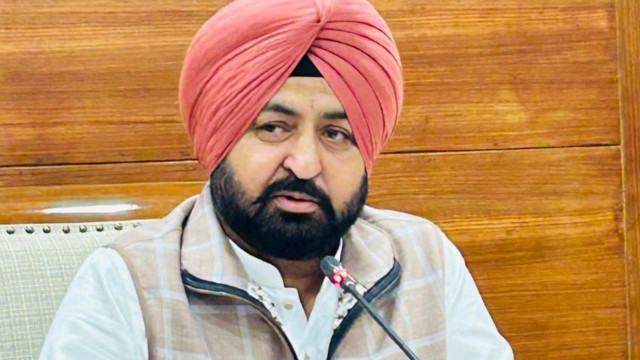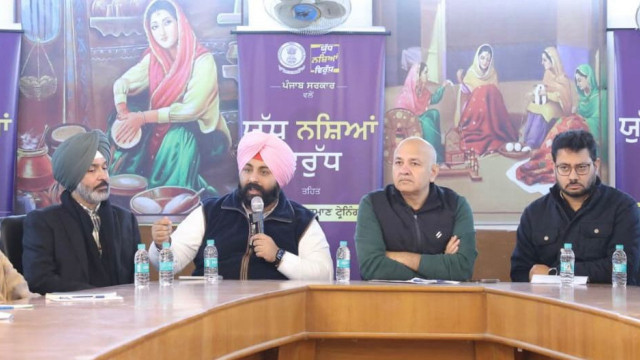Mathura Dispute: Allahabad HC Denies Request to Call Shahi Idgah a Disputed Structure
In a significant development in the Shri Krishna Janmabhoomi-Shahi Idgah Mosque dispute, the Allahabad High Court rejected a plea by the temple party to refer to the mosque as a “disputed structure”

The Allahabad High Court has rejected the application of the temple side in the Mathura-based Shri Krishna Janmabhoomi Shahi Idgah Mosque dispute case in which it was demanded to refer to the 'Idgah Mosque' as a 'disputed structure' in all future proceedings. The plea, filed by Advocate Mahendra Pratap Singh, argued that the term would reflect the contested nature of the site, believed by the Hindu side to be the birthplace of Lord Krishna. The court’s decision maintains the existing nomenclature, marking a setback for the temple party.
Background of the Dispute
The Shri Krishna Janmabhoomi-Shahi Idgah Mosque case is a contentious legal battle centered on claims that the 17th-century mosque was built on land sacred to Hindus, allegedly after demolishing a temple at Krishna’s birthplace. The temple party seeks ownership of the site and the removal of the mosque. However, the High Court ruled that such a change was unnecessary, keeping the focus on the substantive claims of the case.
Implications of the Verdict
The rejection of the plea does not alter the core arguments of the dispute but limits the temple party’s ability to frame the mosque’s status in legal terminology. Advocate Mahendra Pratap Singh expressed disappointment, stating that the term “disputed structure” would have clarified the site’s contested history. Meanwhile, the mosque committee welcomed the ruling, emphasizing the need for neutrality in legal proceedings. The court’s decision underscores its intent to avoid prejudging the case’s merits before a full hearing.
Next Steps in the Case
The Krishna Janmabhoomi dispute remains active, with multiple related pleas pending before the Allahabad High Court. Both sides are preparing for further hearings to address claims of ownership and historical evidence. The court’s ruling keeps the legal battle focused on factual and historical arguments, as the nation watches this sensitive case unfold.















